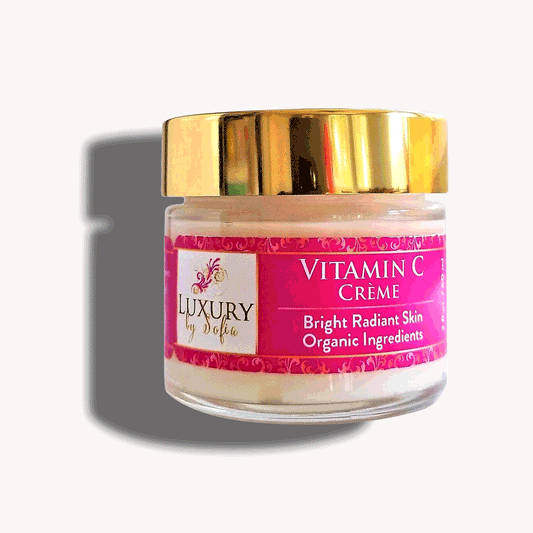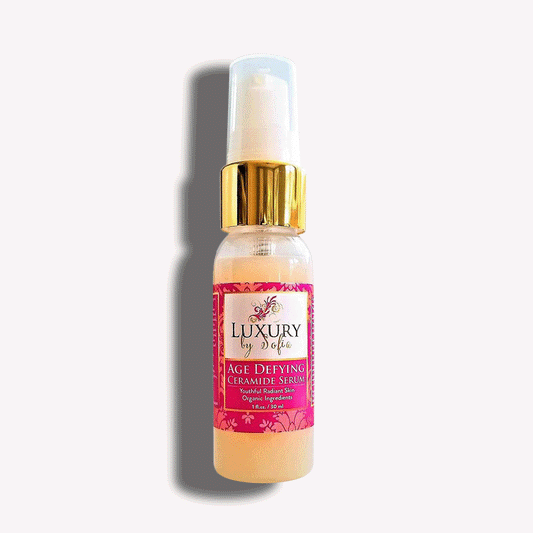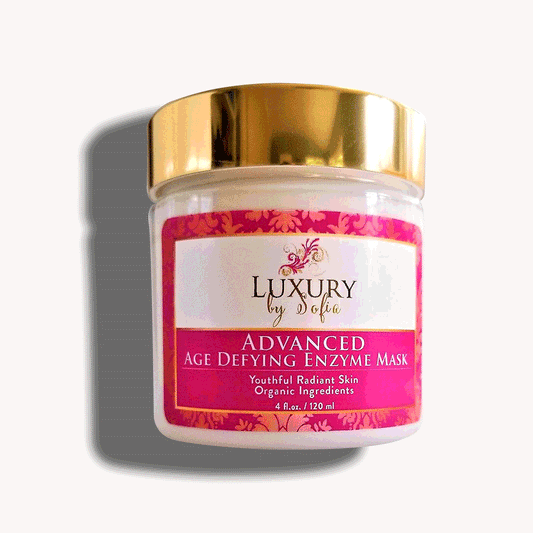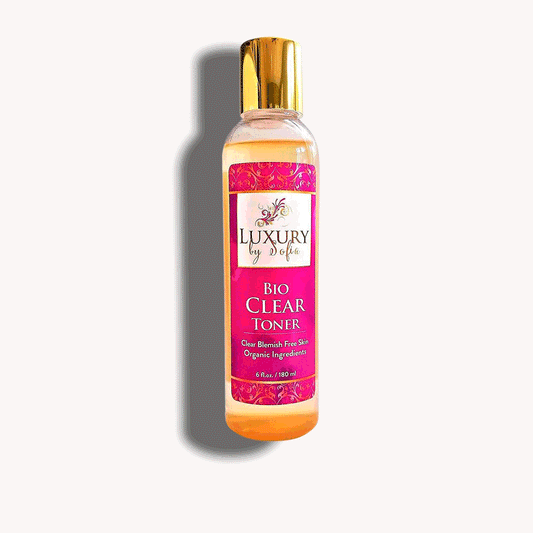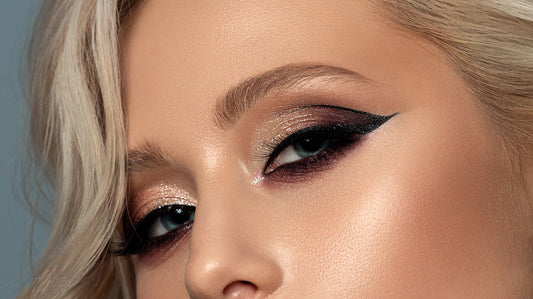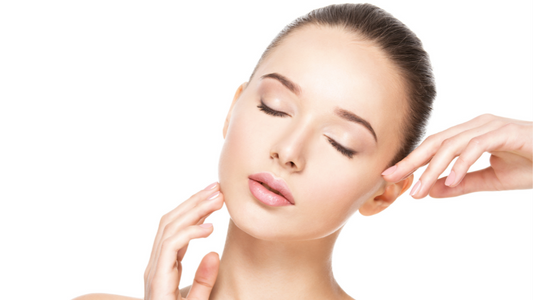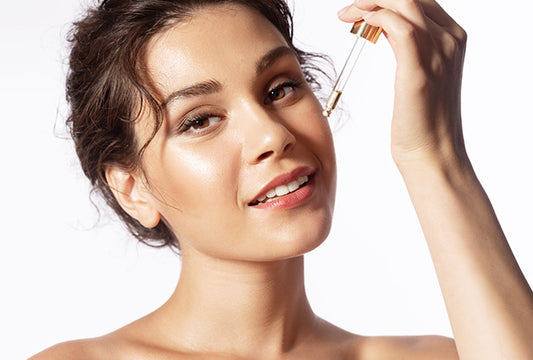Retinol is a skincare ingredient that has been gaining a lot of attention in recent years, and for good reason. It is widely considered to be one of the most effective ingredients for transforming the skin and addressing various skin concerns. In this blog post, we will explore the science behind retinol and how it can help improve the health and appearance of your skin.

What Is Retinol?
Retinol is a derivative of vitamin A, which is a crucial nutrient for maintaining healthy skin. When applied topically, retinol is converted into retinoic acid, the active form of the vitamin that interacts with the skin cells. It works by binding to retinoic acid receptors in the skin, which then trigger a series of biochemical reactions. These reactions promote cell turnover, stimulate collagen production, and help regulate oil production.
The Benefits of Retinol
-
Reduced Wrinkles and Fine Lines: Retinol is well-known for its anti-aging properties. By promoting skin cell turnover and stimulating collagen production, it can help reduce the appearance of wrinkles and fine lines, giving the skin a smoother and more youthful look.
-
Improved Skin Texture: Retinol helps to refine the skin's texture by reducing the size of pores and diminishing rough patches. Regular use can result in softer, smoother skin.
-
Evens Out Skin Tone: Retinol can fade dark spots and hyperpigmentation by inhibiting the production of melanin, the pigment responsible for skin color. This can lead to a more even and radiant complexion.
-
Fights Acne: Retinol has been proven to be effective in treating acne. It helps unclog pores, regulate oil production, and reduce inflammation. It also prevents the formation of acne scars, making it a valuable ingredient for those struggling with acne-prone skin.
How To Incorporate Retinol Into Your Skincare Routine
When using retinol, it is important to start slowly and gradually introduce it into your routine to avoid potential side effects such as dryness, redness, or sensitivity. Here are a few tips for incorporating retinol into your skincare routine:
-
Choose The Right Strength: Retinol comes in various strengths, so it is important to choose one that suits your skin type and concerns. If you are new to retinol, start with a low concentration and gradually increase it over time.
-
Apply At Night: Retinol can make your skin more sensitive to the sun, so it is best to apply it at night. This way, you can avoid potential sunburn or sun damage.
-
Use a Moisturizer: Retinol can sometimes cause dryness or irritation, so it is important to moisturize your skin after applying it. This will help keep your skin hydrated and reduce any potential side effects.
-
Don't Forget Sunscreen: As mentioned earlier, retinol can increase your skin's sensitivity to the sun. Therefore, it is crucial to apply sunscreen during the day to protect your skin from harmful UV radiation.
Try Now: All Our Organic Skin Care Products
Conclusion
Retinol is a powerful ingredient that can transform your skin by addressing a variety of skin concerns, including wrinkles, fine lines, texture, uneven skin tone, and acne. Incorporating retinol into your skincare routine can yield significant results over time. However, it is vital to start slowly, choose the right strength, and follow proper application techniques to avoid potential side effects. If used correctly, retinol can truly work wonders for your skin and help you achieve a healthier, more youthful complexion.

